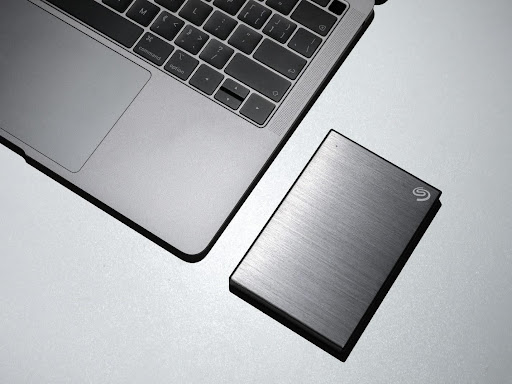Losing data from a failing hard drive can be incredibly frustrating and emotionally taxing. It’s especially fair if you have been working tirelessly on a project that must be launched as soon as possible. However, even in personal settings, it can be very upsetting. Today, we literally store our lives on devices. We have all the critical documents and cherished photos that we don’t want to lose by no means.
Such situations may cause a sense of helplessness and panic. It might be too overwhelming to realize that hours, days, or even years of effort and memories may be lost forever. This is how emotional attachment to that data makes us feel. But the good news is that these frustrations compounded by the potential costs and complexities can be avoided. This article will prove to you that anything is possible, even recovering data.
What If You Have a Mac?
If you own a MacBook, we have good news for you. You can avoid such distress by taking simple preventive measures. One of the most effective strategies that you can take to save your emotional well-being is regularly backing up your data. That’s why you should learn how to clone a MAC hard drive and create an exact copy of your system. If you read detailed instructions on how to do it at https://setapp.com/how-to/how-to-clone-mac-hard-drive, all your files, apps, and settings will be preserved in case of hardware failure. It’s a very important step for everybody who wants to safeguard their information and have peace of mind. Detailed guides like the one offered above are created to protect everything valuable to you, so why not check it out?
What Is Data Recovery from a Damaged Hard Drive?
There is no complex definition of data recovery as it’s simply a process of retrieving inaccessible, lost, corrupted, or formatted data from a storage device. Sounds pretty simple, right? No matter whether your device suffered physical or logical damage, data recovery can solve both issues. Usually, this procedure is carried out by professionals, but in some cases you can do it yourself following the guidance. So keep reading if you want to give it a try!
How to Recover a Hard Drive?
Restoring a hard drive can be critical for your work and personal life. The good news is that you can attempt data recovery on your own. Just follow the tips given below and see if it works, no need to rush to specialists right away.
1. Stop Using the Hard Drive Immediately
First of all, you need to stop using your hard drive to prevent additional data loss. It’s a key tip that you shouldn’t overlook by any means.
2. Check the Connections
Next, you must make sure that your hard drive is properly connected to your computer and there is no interruption in cable connection. They say that often just loose or faulty cables can cause the drive to appear as if it’s failing. But luckily, it may not be the case. So, try to reconnect the drive and see if it works.
3. Use a Different Computer or USB Adapter
Another thing you can do to check your hard drive is connect it to a different computer. Also, you may opt for a new USB-to-SATA adapter as it helps determine if the issue is with your computer or the hard drive itself.
4. Access Safe Mode (Windows) or Recovery Mode (Mac)
If you are lucky enough and the problem is actually related to software or operating system issues, you can try to boot your computer. If you have Windows, then try Safe Mode. In case you are a Mac user, then go for a Recovery Mode.
5. Use Data Recovery Software
The last thing you can do without a specialist is using special software tools. For example, Recuva is designed for computers running on Windows, while Disk Drill and EaseUS Data Recovery Wizard can be used for both Windows and Mac.
Final Thoughts
Many people are afraid that a failed hard drive always means a complete data loss for them. But it’s not true. Unless you have a dead hard drive and no professional help, there is something you can do to solve your problem. Just follow the tips given above avoid making the problem worse and see if any of those work out for you.
Keep an eye for more latest news & updates on Newsbreak Blog!

